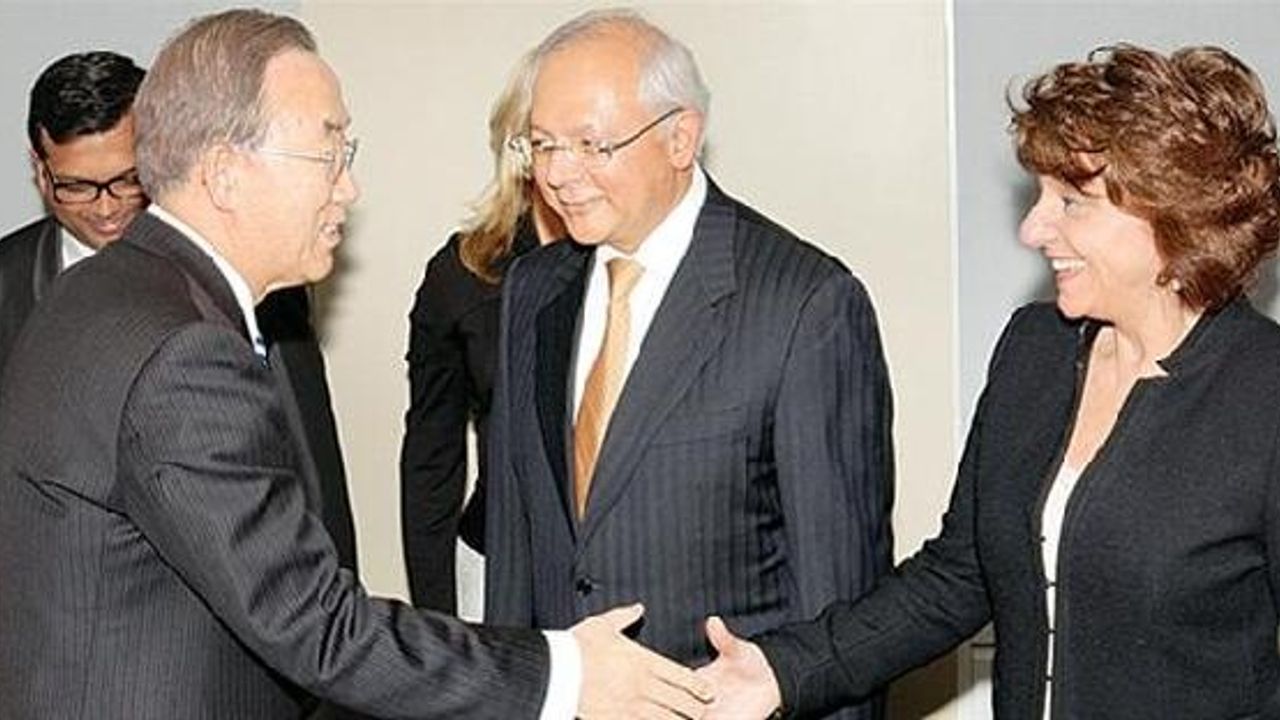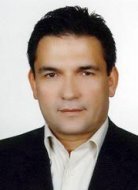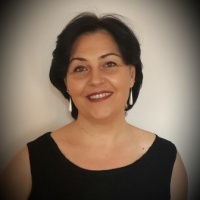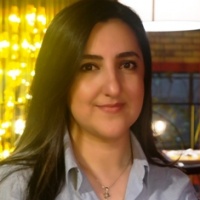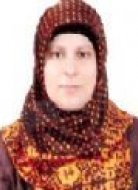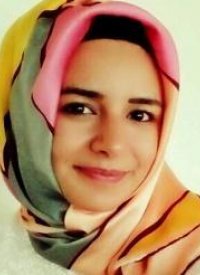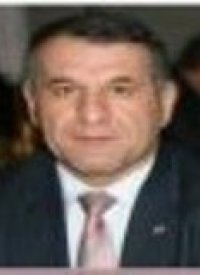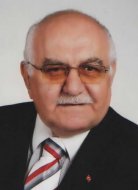Istanbul, March 7 () - Don’t be surprised if you soon come across products that carry the logo of the United Nations’ Women’s Empowerment Principles (WEP).
When you see that logo on that product, you will know that the company that produced that product is working for the empowerment of women, both at its workplace and on a global level.
The idea of making the logo visible on the companies’ brands and products belongs to Turkish industrialist Nur Ger, the founder and CEO of knitwear company SUTEKS.
Working as an advocate of gender equality, Ger said she has always applied the U.N.’s seven principles to empower women at her workplace. SUTEKS became the first Turkish SME to sign on to the U.N.’s WEPs in 2011, Ger, who is also the head of the gender equality working group at Turkish Industry and Business Association (TÜSİAD), recently told the Hürriyet Daily News.
Using the WEP logo is Ger’s brainchild. Ger has made a three-year commitment to help grow the reach and impact of the WEPs initiative globally. According to the partnership agreement signed last year, she will make a donation based on proceeds of sales of Braez clothing, a Netherlands-based SUTEKS subsidiary company that has also endorsed the seven WEPs, to support outreach and programmatic activities related to the initiative.
Subtitled Equality Means Business, the seven principles, developed from real-life business practice, are designed to support companies in reviewing existing policies and practices to advance gender equality and women’s empowerment in the workplace, marketplace and community.
To date, more than 1,000 business leaders from around the world have signed the CEO Statement of Support for the WEPs. Last year, Turkey had 49 WEPs signatories, although this number has now reached 63.
Ger was recently chosen as the U.N. WEP’s business spokesperson for the period of 2016-2018. This is a newly created position and she will be the first to assume that responsibility. As part of her tasks, she will encourage more private sector companies to sign and implement the WEPs in Turkey and abroad.
Flexible hours for women
Nur Ger believes she was able to balance her responsibilities as a working women and a mother because of the fact that she was the owner of her own business, and she was able to work flexible hours. She has also given flexible working hours to her employees.
Flexible working hours has played an important role in women empowerment in the European Union acording to Ger. “Flexible working options, which have not been sufficiently used in Turkey, can provide an opportunity to women to stay in the work force,” she said. “But when we are talking about flexible working we are absolutely not talking about a work system without rules or assurances.”
On the other hand, flexible working options should not be seen as an option specifically targeting women. Therefore, new regulations should not lead to implementations that leave women in disadvantaged positions, she added.
A recent change in the labor law enacted by the parliament on part-time working options has been a target of criticism by those who argued that it could work to the disadvantage of pregnant women.
(Photo)
